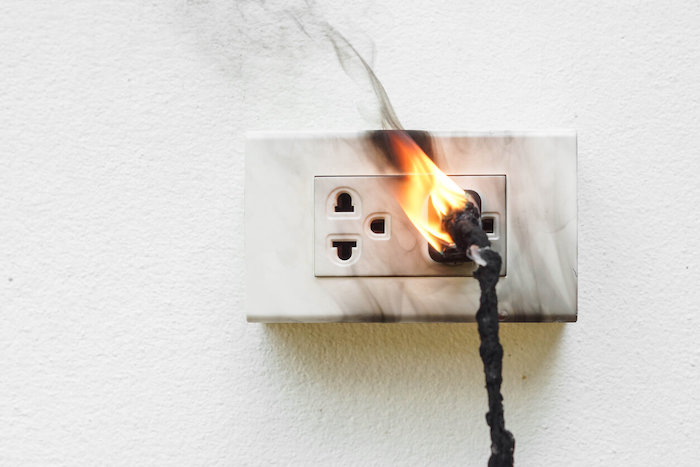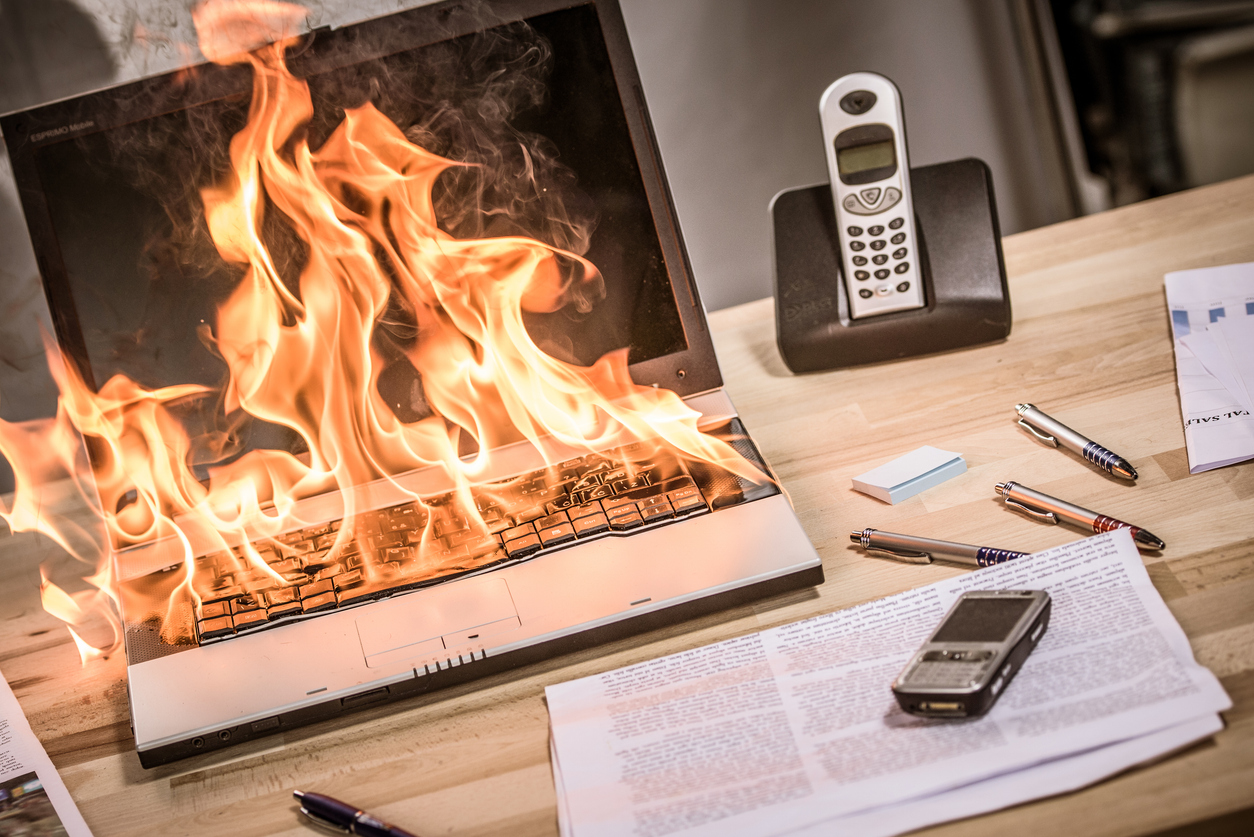Fire!!! Now what?
It’s not quite that sudden a shift when you suffer a major property loss – but it’s close. What actually occurs during the first few hours following the news that your house is on fire?
Here’s a quick timeline of the first 24 hours – including likely events and decisions you should know about to help prepare yourself to face such a situation.
Choose Board-up and Restoration Vendors
The fire trucks come and douse the flames. Then they leave. What do you do?
Well, right off the bat you will have multiple solicitations from both “board-up” and “restoration” companies. These companies are important – they will secure the property and physically stabilize the building. You’ll probably also have 4 or 5 public adjusters pitching their (indispensable!) services.
[Note: in two upcoming posts – “Vetting the Vendors” – we will provide tips on how to evaluate the various contractors and other service professionals who solicit your business. Watch for them!]
First thing first: pick one of the board-up companies and one of the restoration companies based on relevant factors (trustworthiness, personal connection, online reviews, etc.). Both of these companies will help you fulfill the requirement within your insurance policy to protect the home from further damage. The board-up crew will secure the premises, and the restoration crew will perform remediation – likely pumping out the water to mitigate against additional structural and other damage.
Be careful: Don’t let any of these vendors push you to commit to any long-term obligations. These vendors should address their respective immediate priorities, and you can focus on longer-term decisions later.
“Direction of Pay” agreement
Whichever board-up company you choose will present you with a “Direction of Pay” agreement.
Before you sign this agreement, note that you are agreeing to have them do the immediate work and nothing more. In most cases, the insured will encounter no issues at this stage and the board-up company will duly negotiate its invoice with the insurance company. Nonetheless, you should only agree to pay the rates that the insurance company will pay.
It’s worth noting that most board-up companies simply want to help the homeowner and do a good job – not take advantage of them. If you do have a bad feeling, it’s a “Vetting the Vendors” issue. Taking these steps enables your insurance company to pay the board-up company directly and to negotiate the bill should there be any discrepancies. This is very important!
Immediate Next Steps
You’ve hired board-up and remediation companies, and started the PA selection process. What else can you do? Here is an outline of activities to set your expectations:
-
Report the loss to your insurance company.
-
Hire a Public Adjuster (PA)
-
Retrieve valuables – Go into the house and get your silver, cash, firearms, jewelry, and important documents. Take them out and secure them in a safe place. Leave behind any prescriptions, food, alcohol, etc. Ingest nothing that has been affected by the incident.
-
Touch nothing in the area where the fire/loss started. Always let the professionals manage it – otherwise you breach your opportunity for potential subrogation.
-
Make arrangements to install a lock box on the front door. That way all the vendors can easily get in.
-
Book lodgings – Where to go? Where to stay? Rent a hotel for at least 2 weeks. Make sure it has a restaurant on-site and can accommodate your family and pets.
-
Purchase clothing to last a few days/weeks. Keep all receipts for anything purchased.
-
Refill any prescriptions you left behind, and call your physician if necessary.
-
Meet the insurance adjuster – make an effort to meet him/her as soon as they can get to the site.
-
Coordinate with the appropriate insurance company representative who will want to inspect the property right away. This insurance company representative will come out, take photos of the loss, and possibly provide (non-committal) advice.
Prepare for the coming weeks
This is an emotional event for you, to be sure. But for the insurance company, this is about money, not emotions. You must recognize that everyone is looking at this from a financial perspective – except for you.
After these first 24 hours, the process really kicks into gear. The insurance company commences its formal investigation, and the estimation process gets underway.
Stay tuned for upcoming posts providing detailed advice on vetting a vendor and how to best manage other steps in the process!




